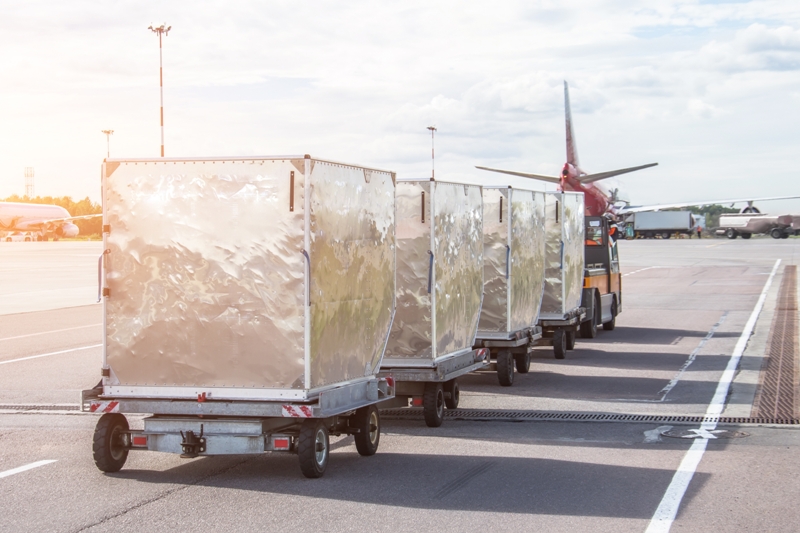Supply chain spotlight: The future of flight
05 / 05 / 2023

Credit: Shutterstock
As the aviation industry continues to innovate and adapt to advancements in technology, the UK’s Department for Transport (DfT) has formed a new Future of Flight Industry Group.
The purpose of the group is to create a UK Future of Flight system, benefitting both the public and industry, that focuses on the development of digital and physical infrastructure, as well as the regulation and control systems required to use new air vehicles such as drones.
This initiative aims to transform how the aviation sector connects people, transports goods and delivers services in a more sustainable way.
A report, commissioned by UK Research and Innovation (UKRI), found that the integration of new aviation technologies has the potential to deliver valuable benefits by reducing costs, journey times and industrial accidents.
It is estimated that the technologies – such as drones or air taxis – can cut costs by up to 48%, while also providing socioeconomic benefits through using new classes of air vehicles, including sub-regional, rural and urban air taxi passenger transport and drones for last-mile delivery of prescribed medicines.
With advancement in electrification and autonomy, the ‘Future of Flight’ plan will demonstrate the safe integration and operation of drones, Advanced Air Mobility (AAM) and regional aircraft.
In addition, it aims to attract domestic and international financial and intellectual capital to be successful in exporting goods and services to the global market.
‘Future of Flight’ will provide the industry with innovations that could address the mobility and congestion issues arising from an increasingly urban, ageing population and reduce the carbon footprint of the global aviation system.
Drone technology will provide the industry with rapid distribution and delivery services as it replaces activities that are time consuming and risky.
By 2030, 76,000 drones are estimated to be in use within the UK – 11,008 of which will be operating within the transport and logistics sector alone.
By 2035, the global market revenue sales for drones, AAM and supporting services is projected to be approximately $74bn.
In the not-so-distant future, restrictions on night flights will become a barrier for achieving growth in the aviation industry, as a significant volume of cargo is shipped between 23:29 and 01:59 across the UK.
Currently, night flight restrictions are in place at Heathrow, Gatwick and Stansted airports, with Heathrow being restricted between 23:30 – 06:00 which sets a limit of 5,800 night-time take-offs and landings a year.
The peak arrival time for inbound express freight during the night is currently between 06:00 – 06:59, of which 30% is transit cargo for Heathrow.
The UK government is launching a consultation, which closes on May 9, on the noise impact of night flights at these airports with the aim to ensure that operations are managed so the noise from aircraft taking off and landing at night does not outweigh the positive benefits to the economy.
The findings from this consultation will help set the groundwork for future measures on how to manage aviation moving forward from October 2025.
Logistics UK does not support any further restrictions on night flying as this would curtail the ability for both inbound and outbound cargo.
The business group will therefore be submitting a response to the consultation, recognising that night flying, and its limitations are a barrier to aviation growth and as aircraft become cleaner and quieter, night flight restrictions should be reviewed to consider a more sustainable position for the sector.
Furthermore, Logistics UK remains clear that freighters must not be sidelined to passenger flights when slot availability is reviewed.
There must be a transparent system providing fair access for freighter services, ensuring continued capacity for cargo.
As the logistics industry continues to push forward with its decarbonisation efforts to reach net zero targets, the aviation sector has held a firm position in providing innovative solutions for logistics businesses across the UK.
In addition to linking the world together, air cargo is a vital part of the supply chain and Logistics UK will continue to work with government to make sure the sector receives the recognition it deserves.














